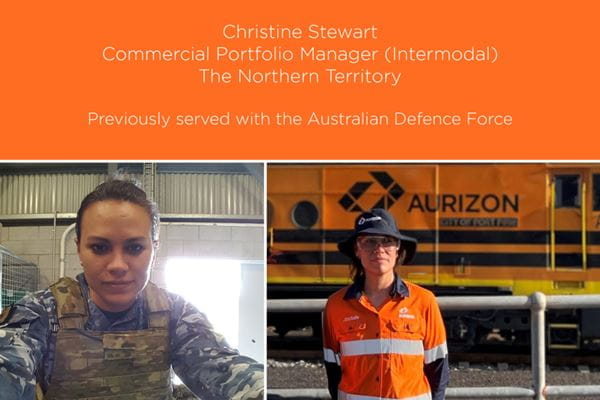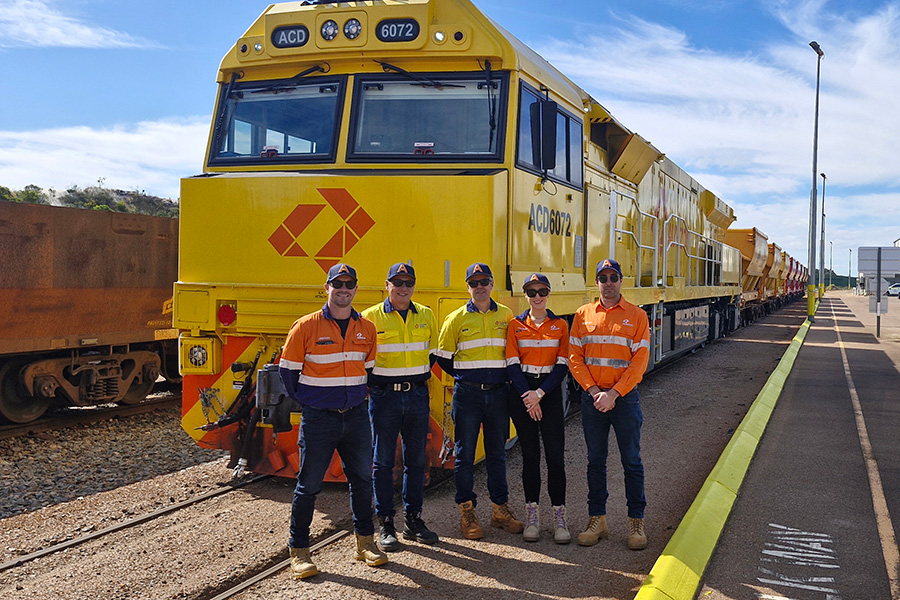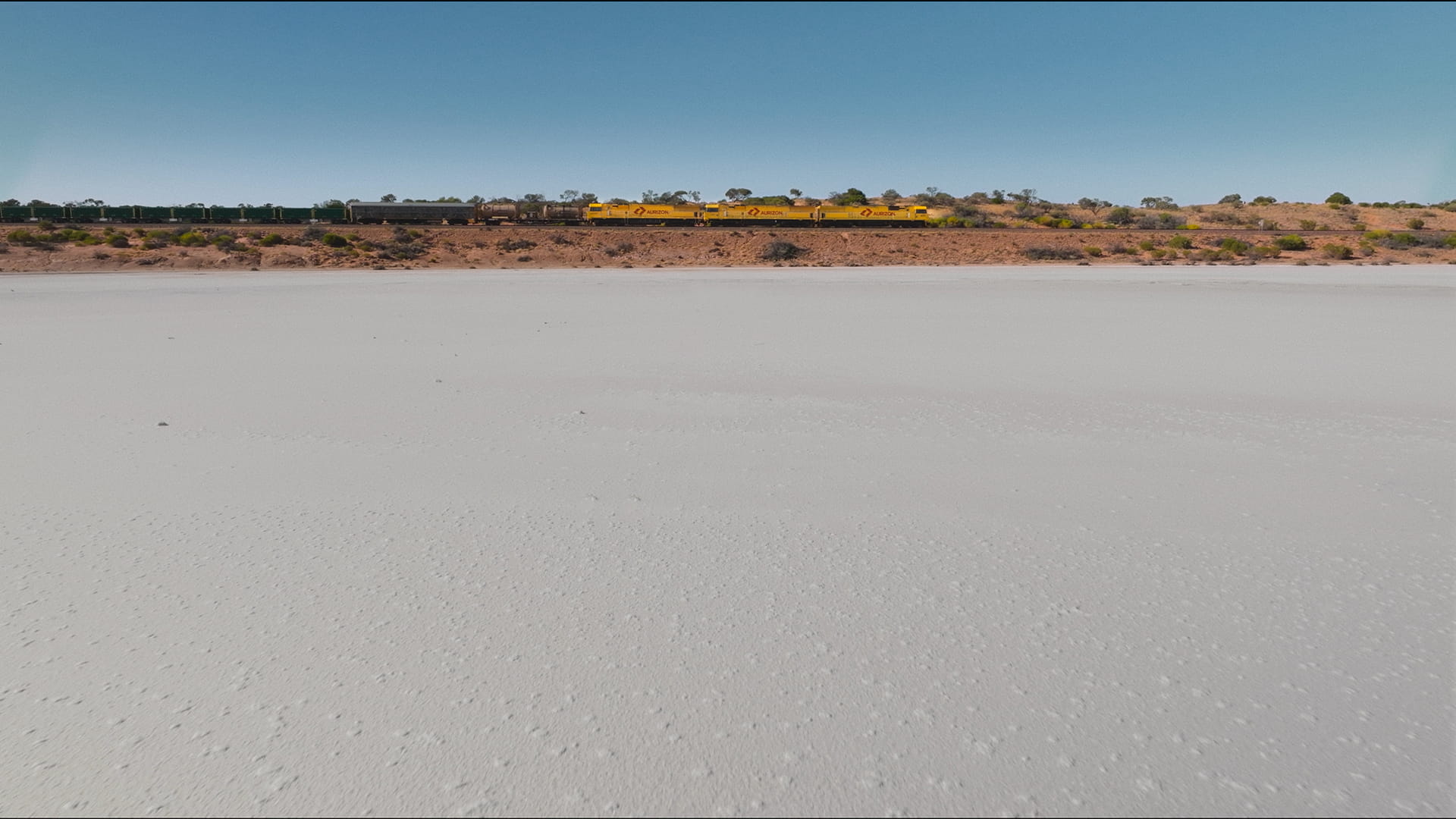
News
Search all news
Aurizon commences haulage for Yilgarn Iron through Esperance
Aurizon is delighted to announce the commencement of iron ore rail services for Yilgarn Iron, marking a new chapter in Aurizon’s long-standing support of Western Australia’s resources sector. Trains are now operating from Koolyanobbing to the Port of Esperance for export, with Aurizon delivering the haulage under a new contract, with services continuing through to the end of December 2029.
Latest news
Aurizon’s Community Giving Fund: Backing local projects that make a difference
15 Dec 2025

Aurizon commences haulage for Yilgarn Iron through Esperance
13 Nov 2025

Aurizon delivers improved customer service for Containerised Freight
11 Nov 2025

Aurizon signs agreement with Alcoa for new technology trial in Western Australia
27 Oct 2025
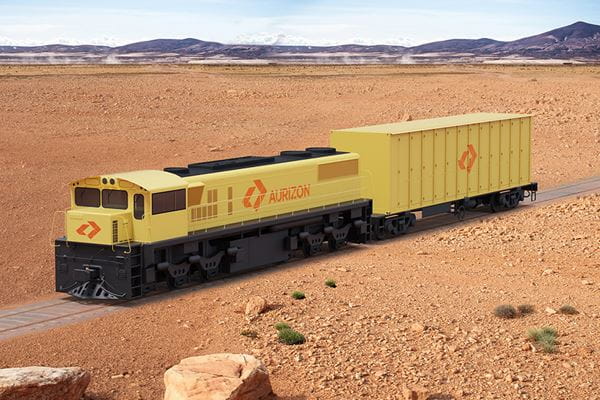
Strengthen your community with a grant from our Community Giving Fund
08 Sep 2025
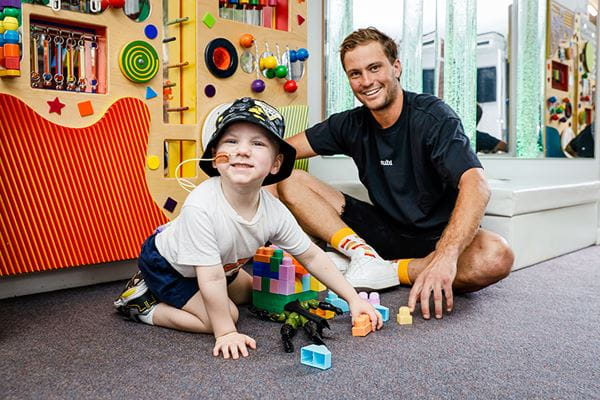
Aurizon’s Community Giving Fund: building stronger communities together
24 Jun 2025
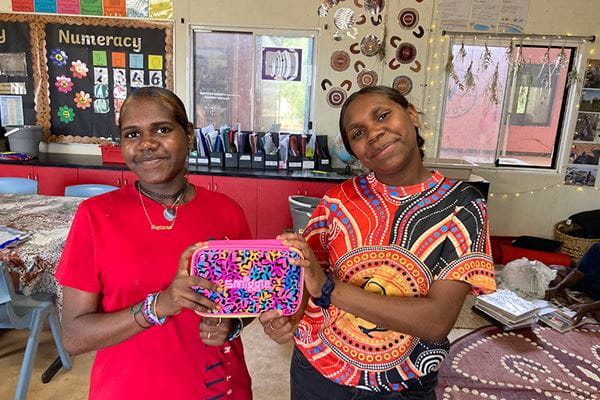
Aurizon drives down emissions with rail-based logistics solution for BHP Copper South Australia
16 Jun 2025
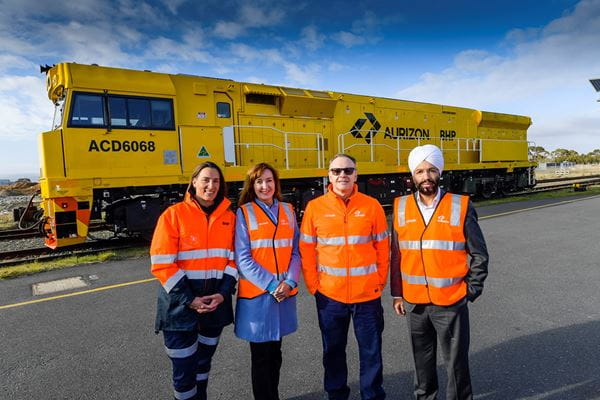
Empower your community: apply for Aurizon's Community Giving Fund today
17 Mar 2025
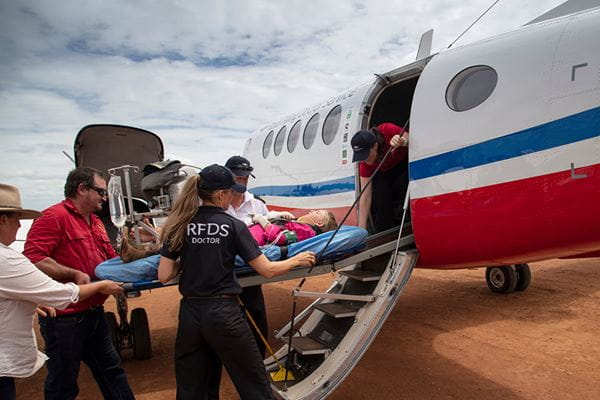
ANL and Aurizon partner on Landbridging through Darwin
17 Feb 2025
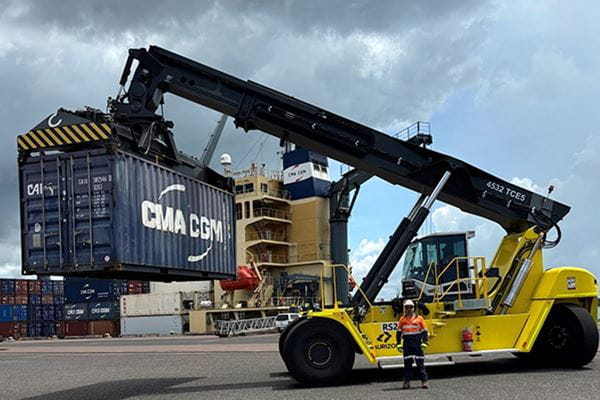
Stories
Diana Gudel shares her journey to becoming a train driver
02 Dec 2025

The lasting cost of a near miss. A message from Dr Maria Mazaheri.
02 Dec 2025

Train driver Hayleigh shares her story as part of National Rail Safety Week
11 Aug 2025
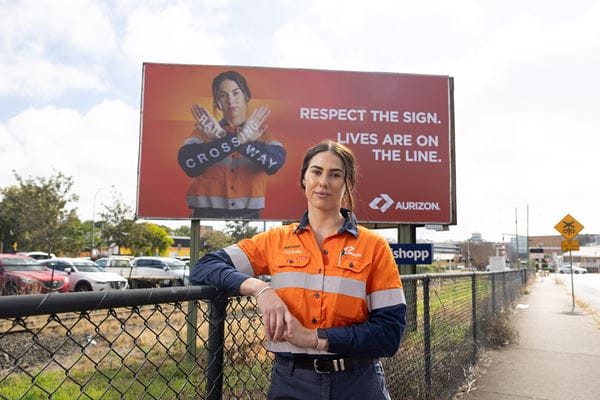
Introducing Grant: one of the faces of our level crossing safety campaign
07 Aug 2025
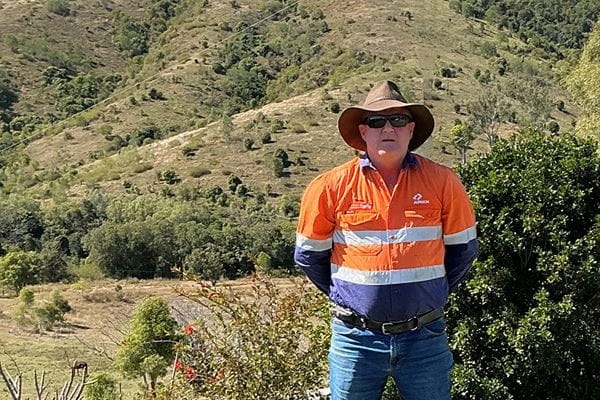
Anzac Day - Honouring 110 Years of Sacrifice and Service
23 Apr 2025
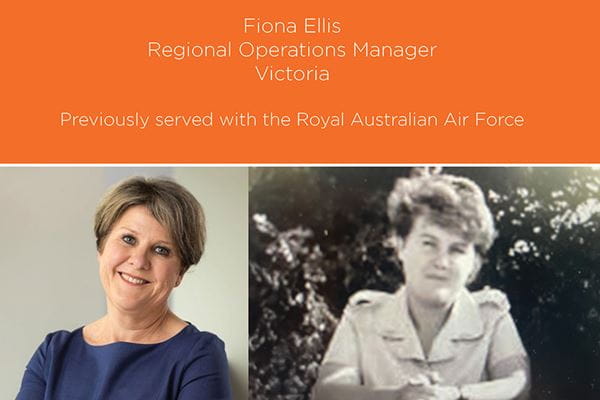
Train driver Lauren Blake shares her story as part of National Rail Safety Week
09 Aug 2024
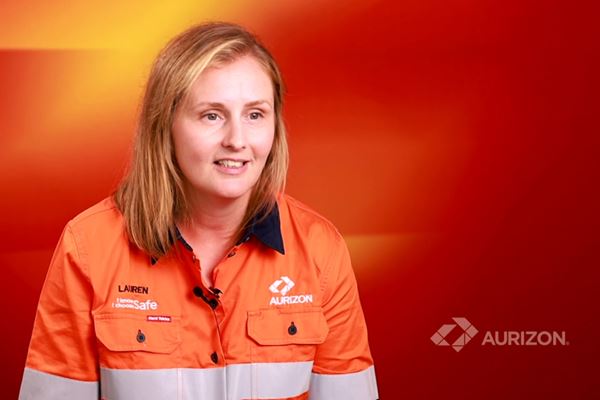
Train driver Hamish Withington shares his story as part of National Rail Safety Week
05 Aug 2024
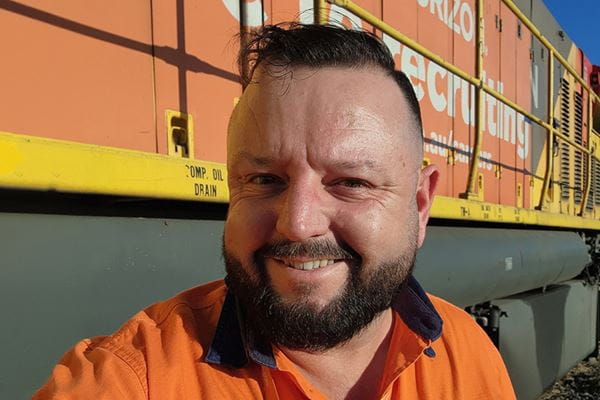
Celebrating our First Nations people
27 May 2024
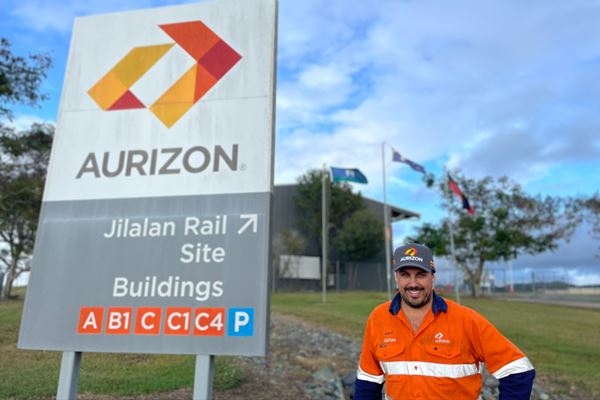
Anzac Day - A day of reflection and gratitude for our veterans
24 Apr 2024
